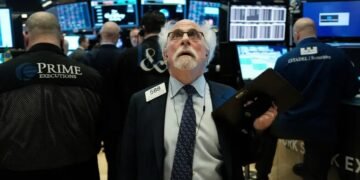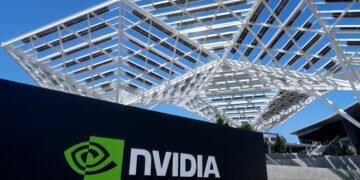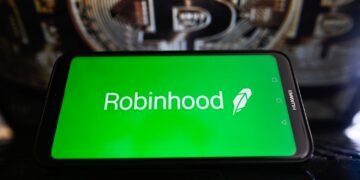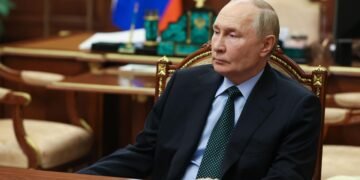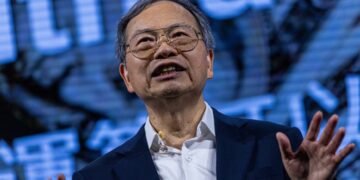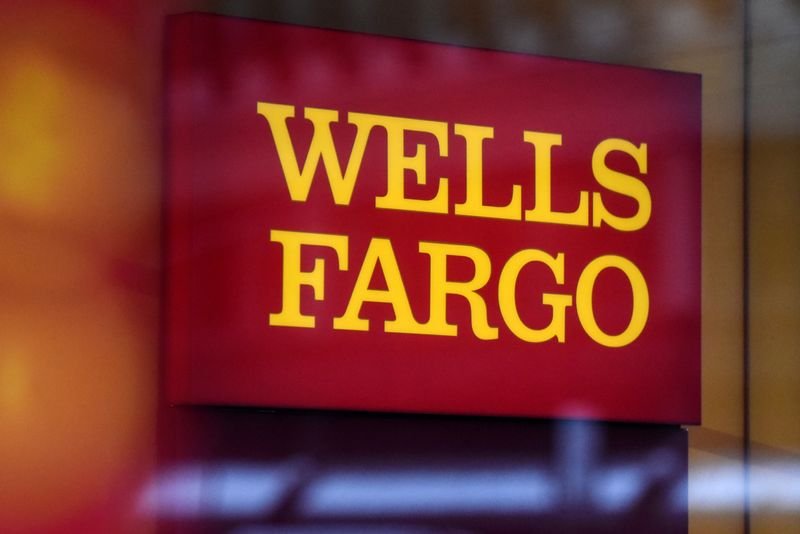Tesla’s “We, Robot” event Thursday night showed that Elon Musk is steering the electric car maker towards a self-driving future — one without steering wheels.
Musk arrived at the event, held at Warner Bros. studio in Burbank, California, in a “Cybercab,” a self-driving car without the standard controls: no pedals, plug to charge, or steering wheel. Musk said it would be in production before 2027 and cost below $30,000.
Post by @artificialintelligencenews.in
View on Threads
Related: ‘One of the Most Important Events’: Is Tesla Finally Revealing Its Robotaxi with Full Self-Driving?
The car seats two people, including one in what would have been the driver’s seat, and has doors that open like butterfly wings. It charges wirelessly just like a phone would: A magnetic pad on the underside of the car aligns with a stationary charging pad without the need for a wired connection.
Cybercab. Photo Credit: Tesla
Musk also announced the Robovan, which was the main surprise of the evening. It’s a 20-seater, self-driving van that brings down the cost of travel to “5-10 cents a mile,” he claimed.
Musk did not give an estimated price for the vehicle or a timeframe for when it would arrive.
Related: Tesla Sales Show Demand Could Be Speeding Up For Electric Cars
Though Tesla is known for its electric cars, especially its bestselling Model 3 and Model Y, Thursday’s announcements showcased its achievements in robotics — indicating a broader strategic shift. In August, Musk said that Tesla is not a car company and should instead be considered “an AI robotics company.”
It’s a message he’s said before.
“The way to think of Tesla is almost entirely in terms of solving autonomy and being able to turn on that autonomy for a gigantic fleet,” Musk stated on an April earnings call.
By entering the robotaxi space, Tesla competes with Alphabet-owned Waymo and GM-acquired Cruise. As of August, Waymo reported making more than 100,000 paid robotaxi trips in LA, San Francisco, and Phoenix per week. Cruise has completed 250,000 driverless trips.

